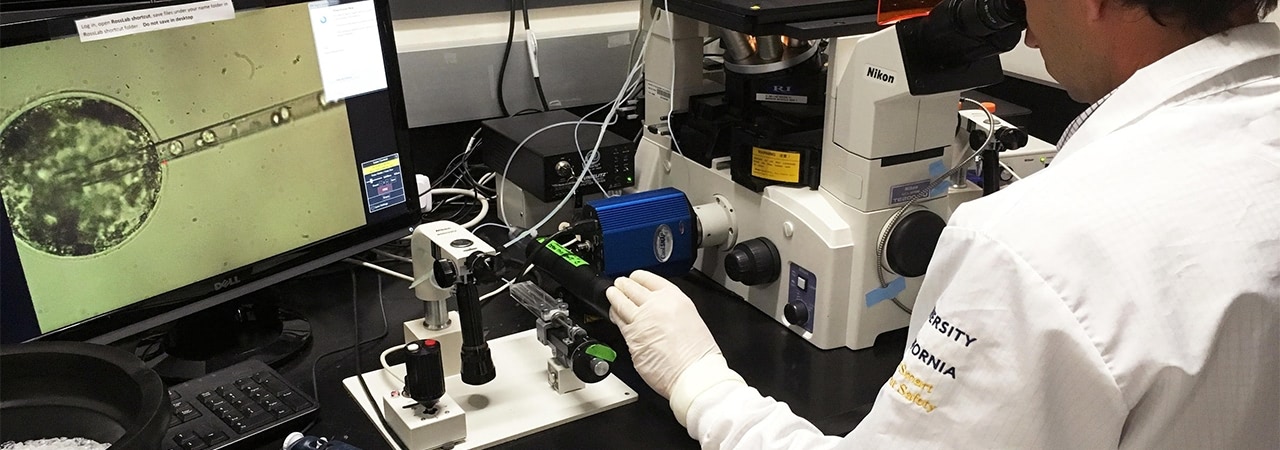The creation of a human life from a lab sounds like science fiction. Because it is actually science fiction. Only now we are one step closer to reality. For the first time, a team of biologists from the US and the UK have successfully kept a human embryo alive in a lab for 13 days. This passed the previous record of nine days.
The success has revealed some unknown details of human development, thus a major step in understanding why so many failures occur during in vitro fertilization. But the experiment also marks an ethical line.
A dozens of countries set 14 day as a limit for lab experiments concerning human embryo. It is widely recognized that 14 days is when the fertilized egg starts to show a human form. And in case of twins, that’s also the time when the cells start to split and develop separately. Researchers in the field have been trying to push this limit further, stressing the benefits the study can bring to the human race. But they are already facing opposite voices, for instance from religious groups that want to stop the human embryo study.
Nevertheless, the research to create human life completely from a lab is proceeding. Just like the making of the super computer. It would be a matter of time before this procedure will be in place and marvel our eyes. With more and more technologies in reproduction already here (such as make egg or sperm from skin cell), one can imagine in a not very distant future “child birth” or “being pregnant” would have radically different meanings. It might be the moment to discuss the role we want these technologies to have in our lives. So that we don’t end up serving the technology, but rather have it serving us.
Source: The Guardian, Nature. Image: University of Cambridge

Share your thoughts and join the technology debate!
Be the first to comment